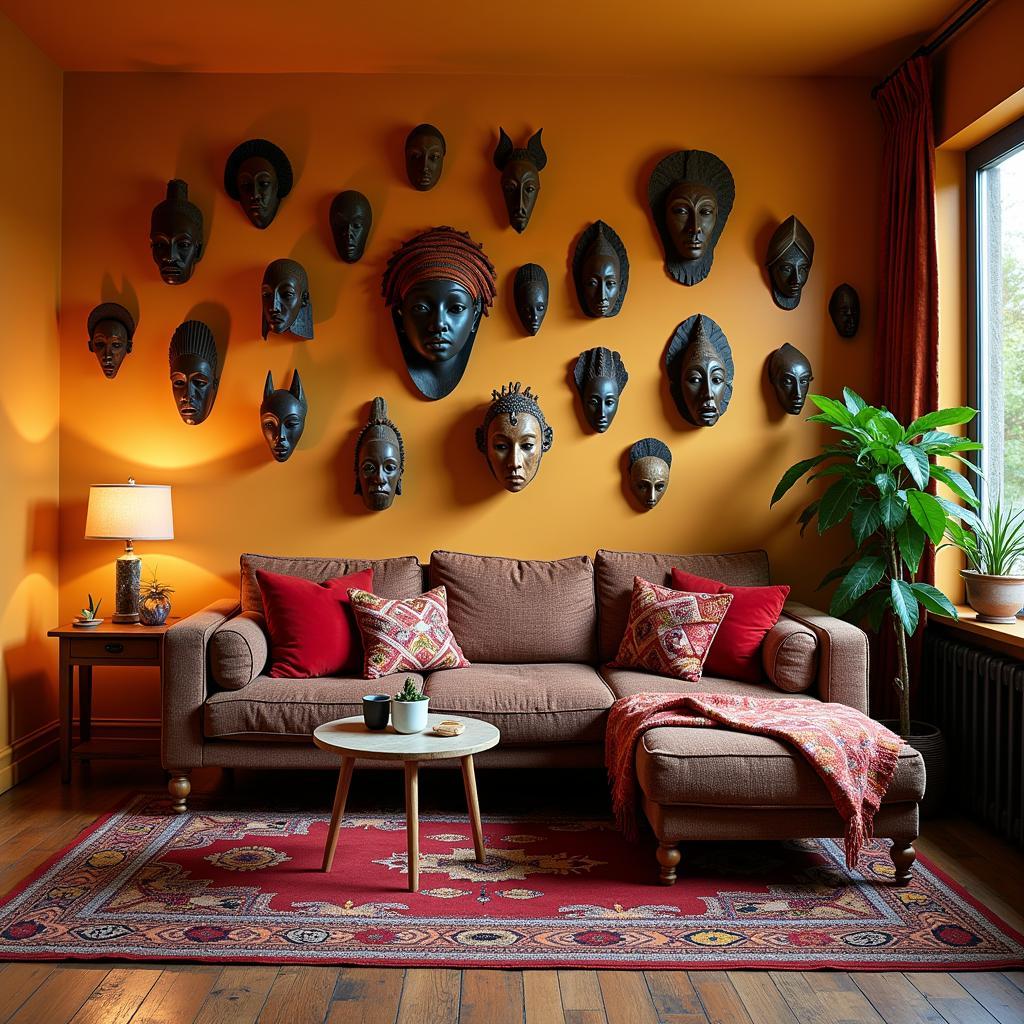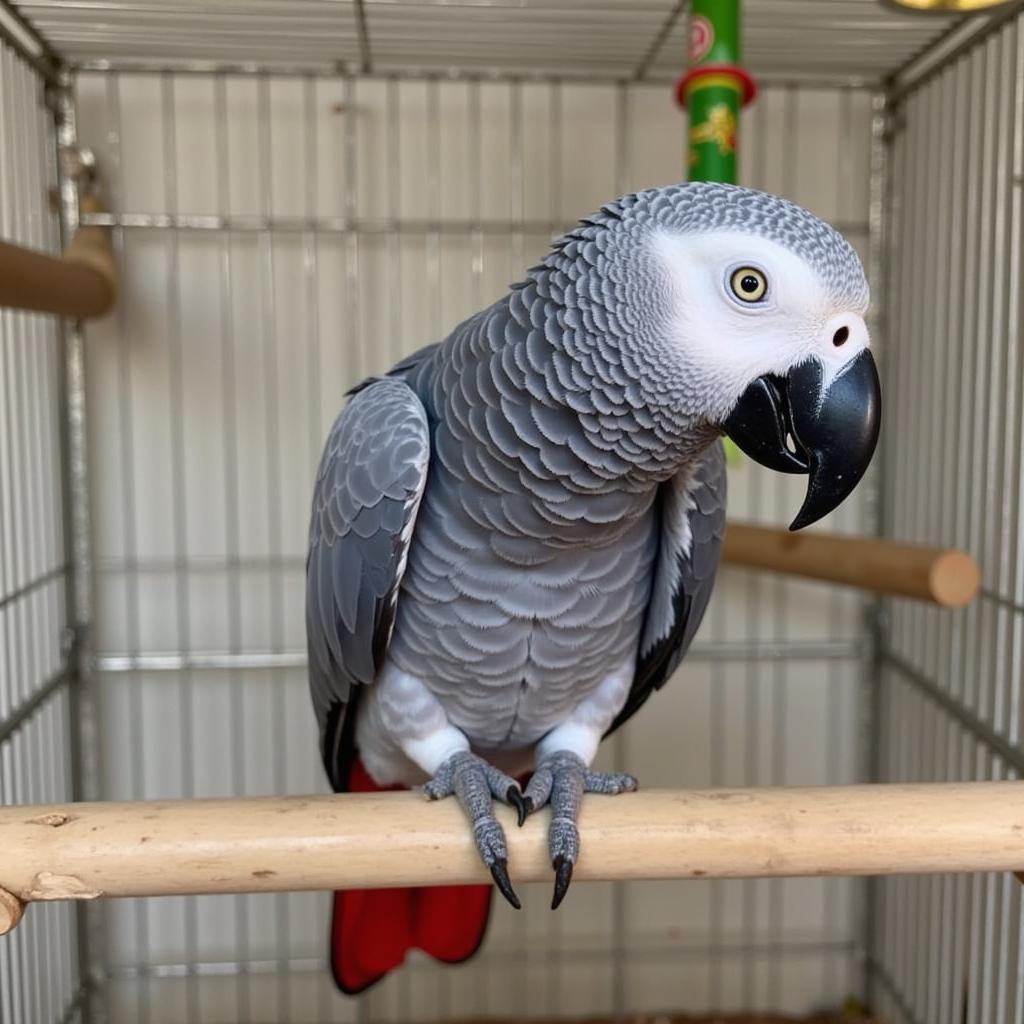Exploring the Rich Sounds of African Folk Instruments
African Folk Instruments represent a vibrant tapestry of sound, deeply interwoven with the continent’s diverse cultures, traditions, and histories. From the rhythmic pulse of drums to the melodic whispers of stringed and wind instruments, these tools of musical expression offer a unique window into the heart and soul of Africa. This exploration delves into the captivating world of these instruments, their construction, cultural significance, and enduring legacy.
The Diversity of African Folk Instruments
African folk instruments are as diverse as the continent itself. They vary greatly in material, design, and function, reflecting the unique environments and cultural practices of different regions. While drums are perhaps the most well-known, a vast array of stringed, wind, and even percussion instruments beyond drums contribute to the rich musical landscape. These instruments are not merely tools for entertainment; they play integral roles in storytelling, religious ceremonies, social gatherings, and even political expression.
One notable aspect of African folk instruments is their frequent use of natural materials. Gourds, animal hides, wood, and even shells are transformed into instruments with unique timbres and resonating qualities. This close connection to nature imbues the music with an organic, earthy feel, reflecting the deep spiritual connection many African communities have with their surroundings.
Check out more information on African folk music instruments. african folk music instruments
The Heartbeat of Africa: Drums and Percussion
Drums hold a special place in African music, often considered the heartbeat of the continent. From the djembe of West Africa to the talking drum, capable of mimicking tonal languages, these instruments communicate far beyond simple rhythm. They convey messages, tell stories, and guide communal dances. The intricate rhythms and polyrhythms created by skilled drummers form the foundation of many musical traditions. Beyond drums, other percussion instruments like rattles, shakers, and bells add layers of texture and complexity to the music. These instruments, often made from natural materials like gourds and seeds, create a rich tapestry of percussive sounds.
Strings and Winds: Melodies of the African Soul
While drums provide the rhythmic backbone, stringed and wind instruments contribute the melodic soul to African music. Instruments like the kora, a 21-stringed bridge-harp from West Africa, and the mbira, a thumb piano from Southern Africa, create enchanting melodies that resonate with deep cultural meaning. Wind instruments, like the flute and various horns made from animal horns or wood, add another layer of melodic expression, often used for signaling, storytelling, or ceremonial purposes. These instruments offer a unique window into the melodic sensibilities and artistic expressions of diverse African communities.
What are some common African folk instruments?
Some common African folk instruments include the djembe, kora, mbira, talking drum, and various flutes and horns. Each instrument holds a unique place in the musical traditions of different regions across the continent.
How are African folk instruments made?
African folk instruments are often crafted from natural materials found in the local environment, such as wood, gourds, animal hides, and shells. The construction techniques vary depending on the instrument and the specific cultural traditions of the region.
For additional information about African folk traditions, see african folk.
The Enduring Legacy of African Folk Instruments
African folk instruments are more than just musical tools; they are living embodiments of cultural heritage, passed down through generations. They tell stories of ancient traditions, spiritual beliefs, and the enduring connection between music and life in Africa. Dr. Akinyi Ochieng, an ethnomusicologist specializing in East African music, notes, “These instruments are not just objects; they are vessels of cultural memory, carrying the echoes of generations past.”
Today, these instruments continue to inspire musicians worldwide, their unique sounds enriching global musical landscapes. Mr. Kwame Nkrumah, a renowned Ghanaian musician and instrument maker, adds, “The spirit of Africa lives in these instruments. When you play them, you connect with a rich tapestry of history and culture.” Their enduring presence in contemporary music is a testament to their power and the enduring legacy of African musical traditions.
Conclusion
African folk instruments offer a captivating glimpse into the rich and diverse cultures of the continent. From the rhythmic pulse of the djembe to the melodic whispers of the kora, these instruments tell stories, express emotions, and connect communities. Exploring the world of African folk instruments is a journey into the heart and soul of African music. Learn more about African drum beats. african drum beats free download
FAQ
- What is the most common African drum? The djembe is one of the most widely recognized African drums.
- What is a kora? The kora is a 21-stringed bridge-harp from West Africa.
- What are some other African string instruments? Other African string instruments include the mbira, ngoni, and oud.
- What is the significance of drums in African culture? Drums play a central role in African music, used for communication, storytelling, and ceremonies.
- What are some examples of African wind instruments? Examples include flutes, horns made from animal horns, and various reed instruments.
- Where can I learn more about African music? You can find resources online, in libraries, and through cultural centers. african capitals song
- Are there opportunities to learn to play African folk instruments? Yes, there are many workshops, classes, and online tutorials available.
Other Questions You Might Have
- What are the different types of drumming techniques used in African music?
- How has African music influenced other genres of music around the world?
- What is the role of music in African storytelling traditions?
- Are there any contemporary musicians who incorporate African folk instruments into their music? african cultural day speech
For further assistance, please contact us at +255768904061 or [email protected]. You can also visit us at Mbarali DC Mawindi, Kangaga, Tanzania. We offer 24/7 customer support.

